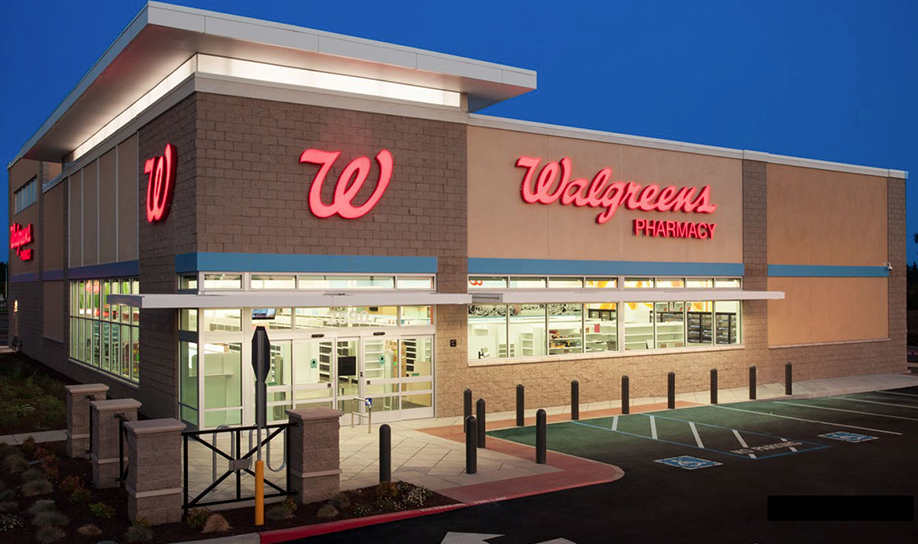Understanding Triple Net Leases in Michigan
Triple Net Leases (NNN) are a popular choice in the realm of commercial real estate (CRE) investments, offering benefits for both landlords and tenants.

In Michigan, understanding the nuances of these leases is crucial for making informed investment decisions.
What is a Triple Net Lease? A triple net lease is a commercial leasing agreement in which the tenant agrees to pay not only the rent for the space but also all expenses associated with the property, including property taxes, insurance, and maintenance costs. Essentially, the tenant takes on responsibility for these "triple net" expenses in addition to the base rent, hence the name.
Benefits for Landlords:
- Stable Income: With tenants responsible for property expenses, landlords enjoy a steady stream of income without the hassle of managing these costs.
- Lower Risk: Since tenants assume responsibility for property maintenance and other expenses, landlords face less financial risk and have more predictable cash flow.
- Hands-Off Management: Landlords can minimize their involvement in property management, freeing up time to focus on other investments or aspects of their business.
Benefits for Tenants:
- Control Over Expenses: Tenants have greater control over property expenses, allowing them to budget effectively and avoid unexpected costs.
- Flexibility: Triple net leases often offer tenants more flexibility in customizing the property to suit their needs, as they have more autonomy in managing and maintaining the space.
- Long-Term Stability: Since tenants are invested in the upkeep of the property, they are more likely to stay for the long term, providing stability for their business operations.
Understanding Michigan-Specific Regulations: While triple net leases follow a general
framework, it's essential to be aware of Michigan-specific regulations and considerations:
- Tax Implications: Michigan property tax laws can impact the financial aspects of a triple net lease agreement. Understanding how property taxes are assessed and allocated is crucial for both landlords and tenants.
- Insurance Requirements: Michigan's insurance regulations may influence the types of coverage required for commercial properties under a triple net lease. Tenants should ensure they have adequate insurance coverage to protect their interests.
- Maintenance Standards: Michigan may have specific maintenance standards or regulations that landlords and tenants must adhere to. Understanding these standards can help avoid disputes and ensure the property remains in compliance with local laws.
Negotiating Triple Net Lease Terms: Negotiating favorable lease terms is essential for both landlords and tenants. Here are some key points to consider:
- Rent Escalation: Determine how rent increases will be calculated over the lease term, whether through fixed escalations or based on changes in operating expenses.
- Expense Caps: Consider implementing caps on certain expenses to mitigate financial risks for both parties.
- Property Use: Clearly define the permitted uses of the property to avoid conflicts and ensure compliance with zoning regulations.
- Responsibility for Major Repairs: Clarify which party is responsible for major repairs or capital improvements to the property.
Triple net leases offer a mutually beneficial arrangement for landlords and tenants in Michigan's commercial real estate market. By understanding the fundamentals of these leases, navigating Michigan-specific regulations, and negotiating favorable lease terms, investors can maximize their returns and minimize risks. Whether you're looking to invest in commercial properties or lease space for your business, a thorough understanding of triple net leases is essential for success in Michigan's CRE market.
Wanting to understand more about triple net properties or ready to start your investment journey in them today? Let's Connect
Bransco Properties - KW Commercial
4301 Canal SW Grandville, MI
616.299.6846
bransco@kwcommercial.com











